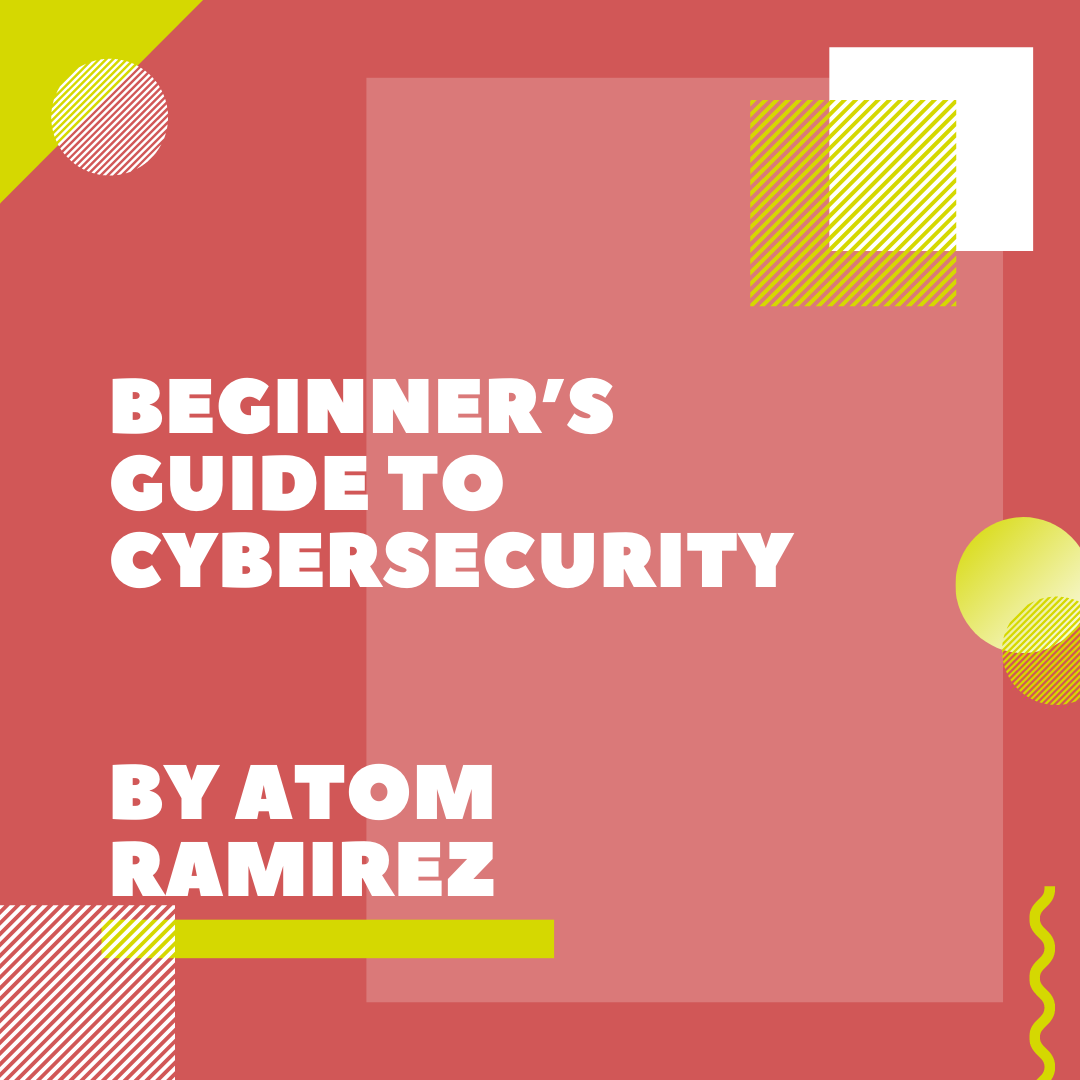Beginner’s Guide to Cybersecurity
Published by Rajvi Khanjan Shroff,
Beginner’s Guide to Cybersecurity
Author: Atom Ramirez

Cybersecurity is one of the most talked-about topics of this current time. If you’re sitting at home wondering how to get started in Cybersecurity, it's a good thing you came across this article, because I will share the secrets to getting started in Cybersecurity. First things first, despite its technical-sounding name, Cybersecurity requires more non-technical skills than technical ones. For instance, a critical aspect of a cybersecurity professional is the understanding of ethics and ensuring that ethical standards are followed. Without ethics, cybersecurity professionals can become indistinguishable from the cybercriminals whom they are trying to protect their systems.
In general, these non-technical skills are often referred to as soft skills. Although soft skills can be applied to any profession, they are especially important in cybersecurity and provide another gateway to entering the cybersecurity profession. Some common soft skills include communication, research and writing skills, logical reasoning, creativity, and leadership.

Security Logo (Photo by Pixabay on Unsplash)
Here’s a quick list of critical soft skills that can help you succeed in a cybersecurity career:
Creativity
When you think of creativity you may think of drawing, building, etc but you never thought creativity is linked with cybersecurity. Creativity involves thinking outside of the box strategies that can help you troubleshoot tough problems. Another use of creativity is to find innovative ways to help make cybersecurity attractive for the next generation or to your peers.
Leadership skills.
Leadership skills are important because every group can benefit from a leader to provide guidance in solving problems. A cybersecurity leader has a great deal of responsibilities such as being vocal within the group and being able to present ideas and make decisions for the team. In addition, a leader needs to know the weaknesses and strengths of the group members to find where they are most effective.
Logical Reasoning
Logical reasoning can help you get far in cybersecurity because if you know the basics of a computer and get the general idea of how a computer works, that can help understand the complicated topics that are dealt with on a day-to-day basis. Logical thinking can also help with the different aspects of a computer which include programming, and building a computer.
References:
- "16 Soft Skills You Need to Succeed in Cyber Security." Flatiron School, flatironschool.com/blog/soft-skills-cyber-security.
- "Cybersecurity Skills: What Do Employers Want to See." Maryville Online,
online.maryville.edu/online-masters-degrees/cyber-security/careers/skills-in-cybersecurity/#:~:text=Build%20strong%20professional%20relationships.&text=
Their%20response%20highlights%20the%20value,community%2C%20or%20to%20their%20country.
